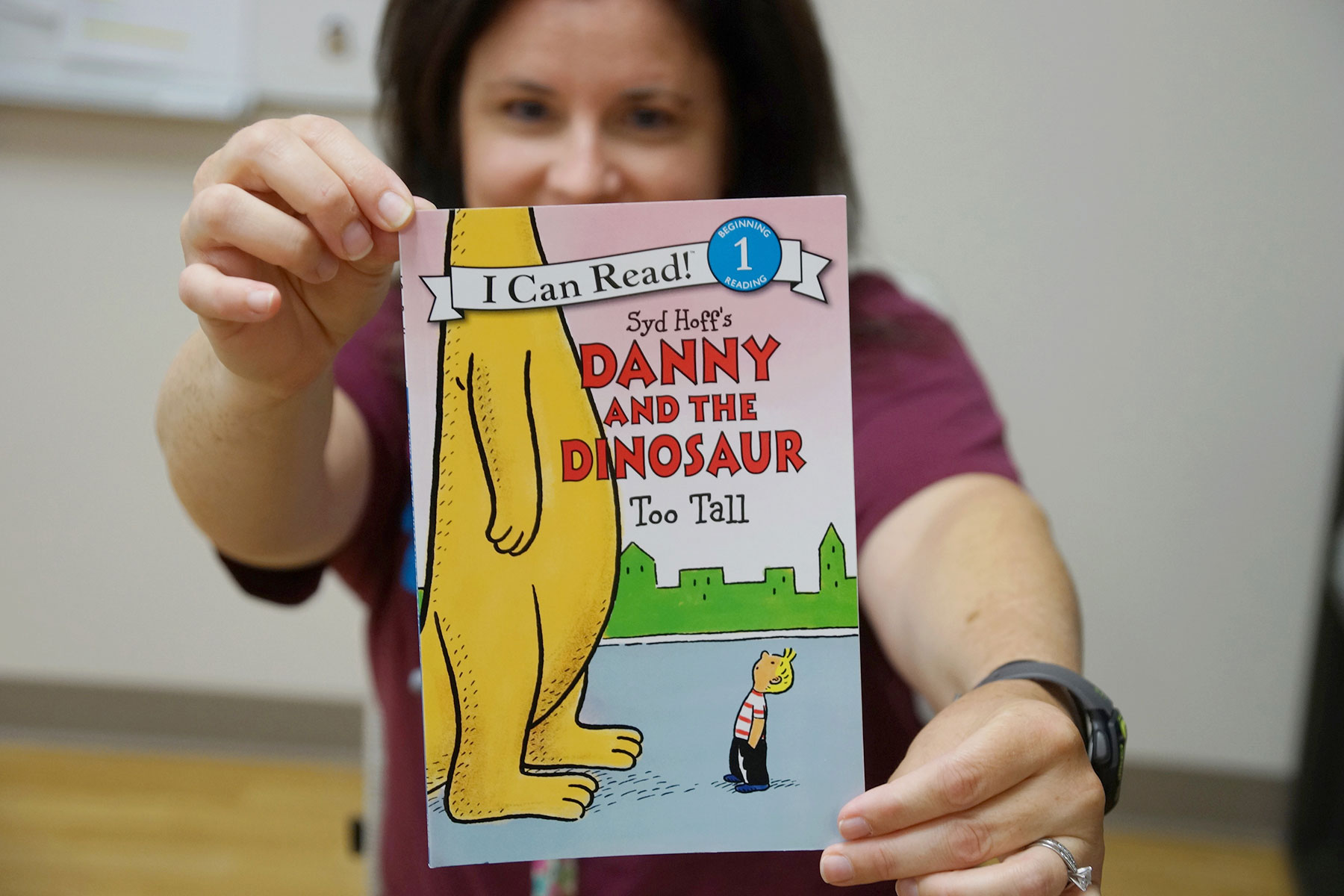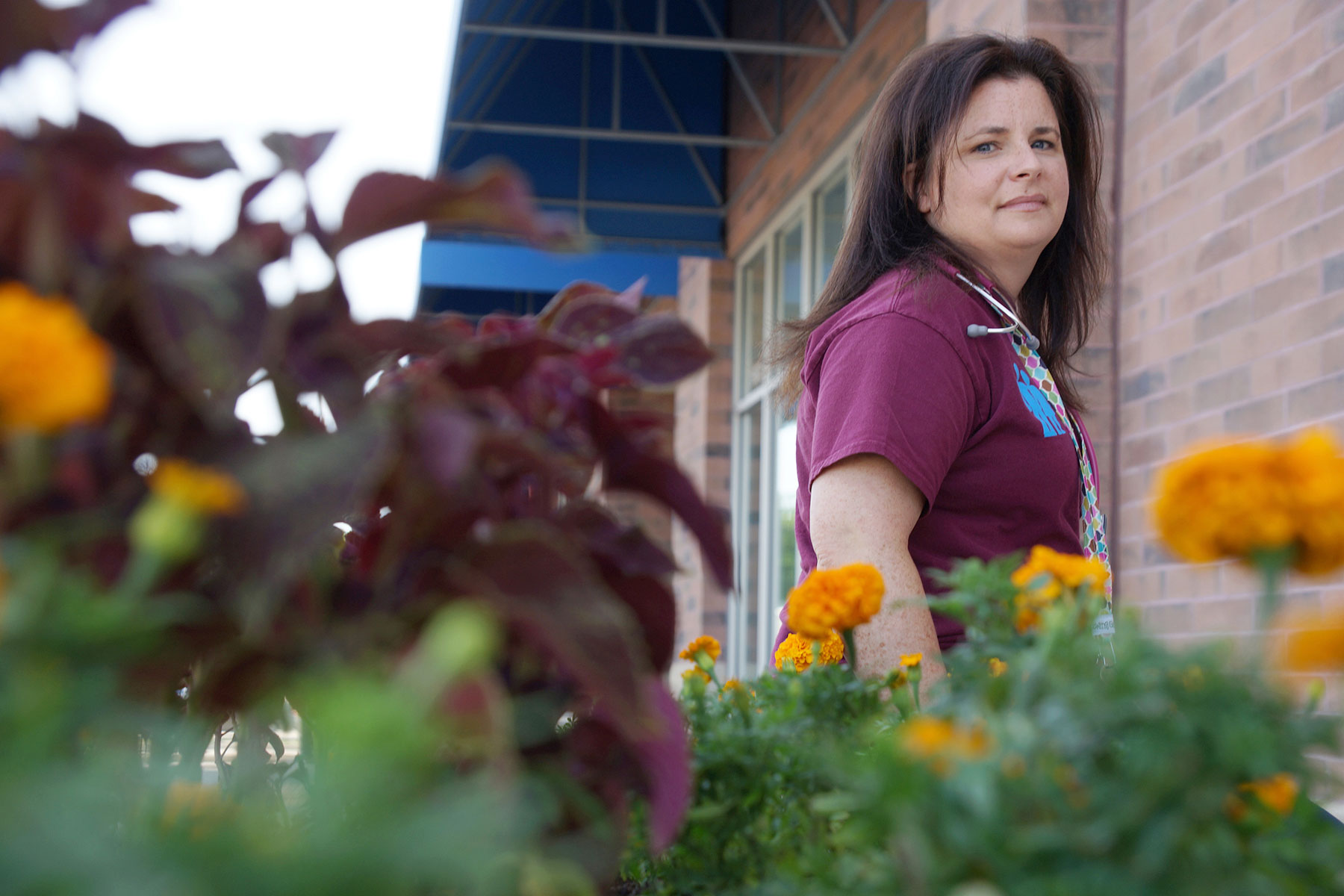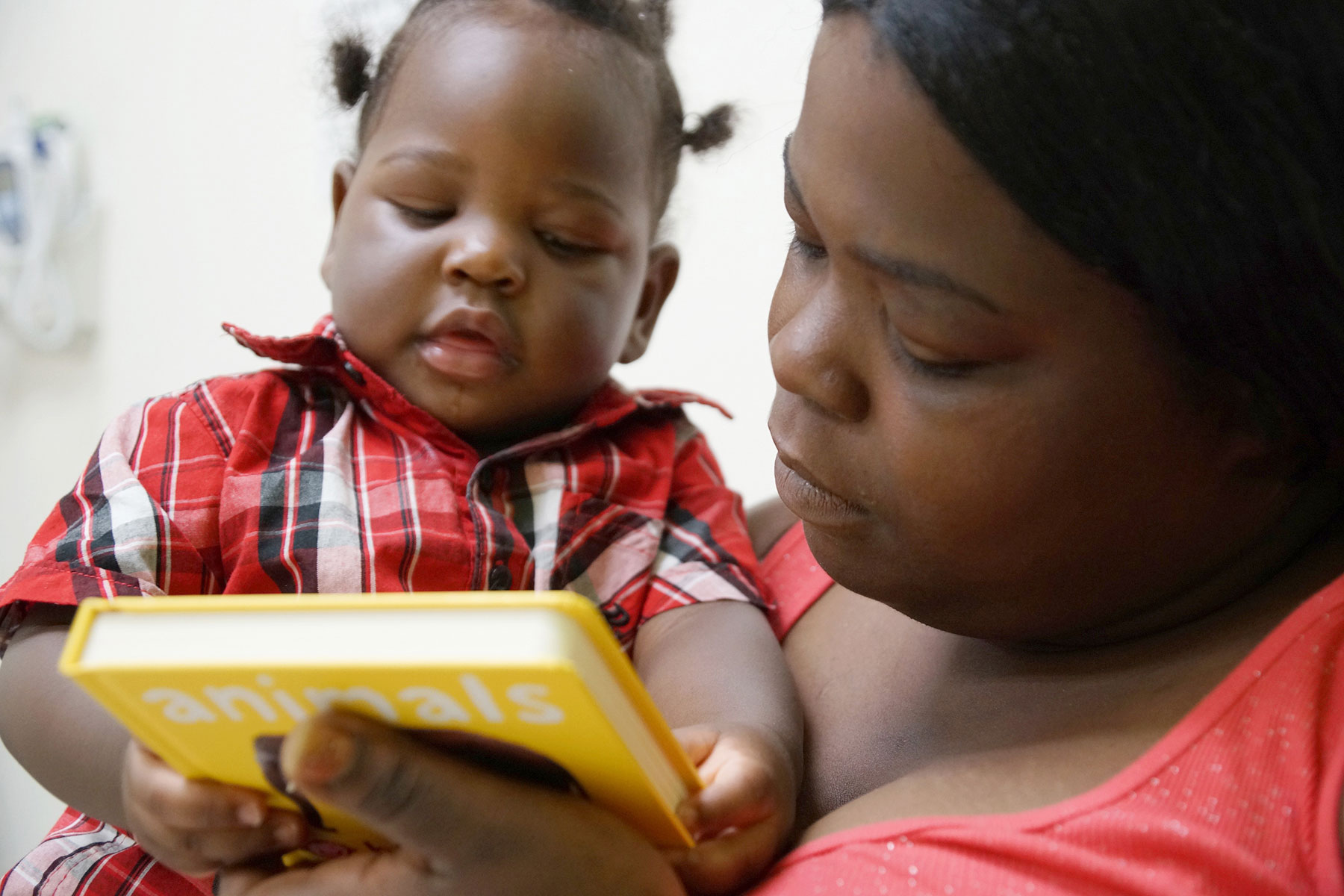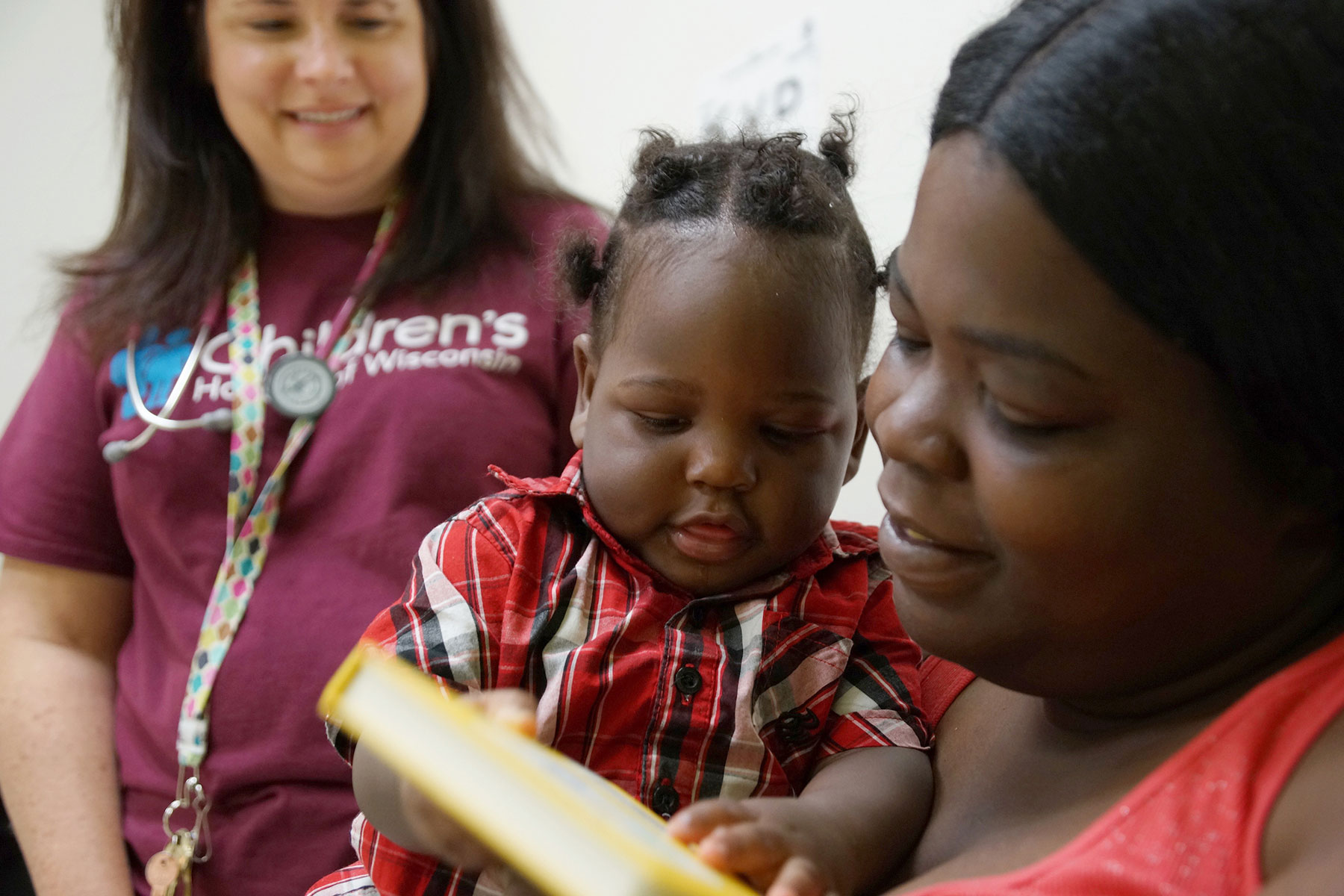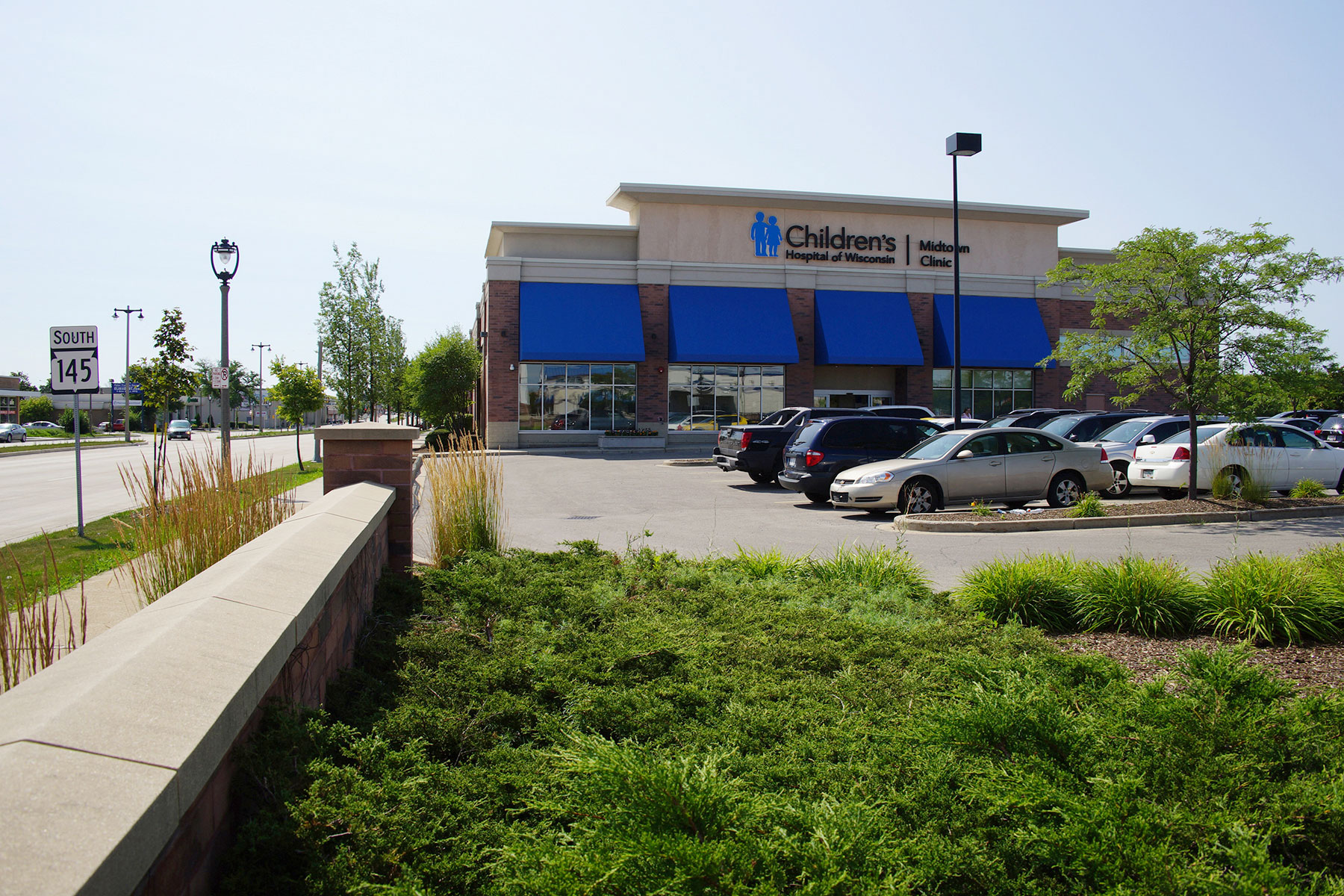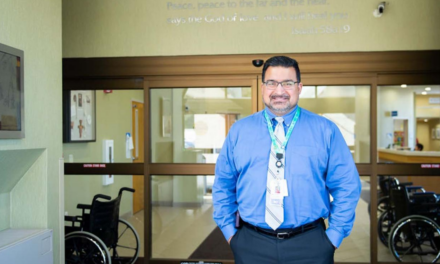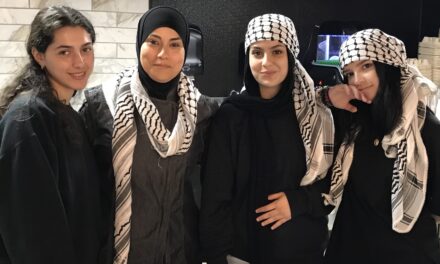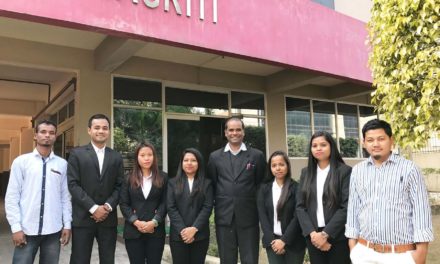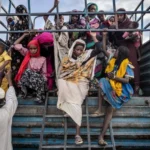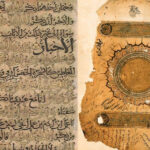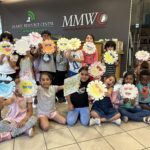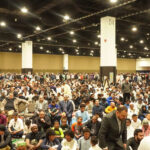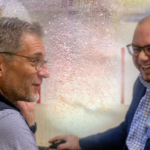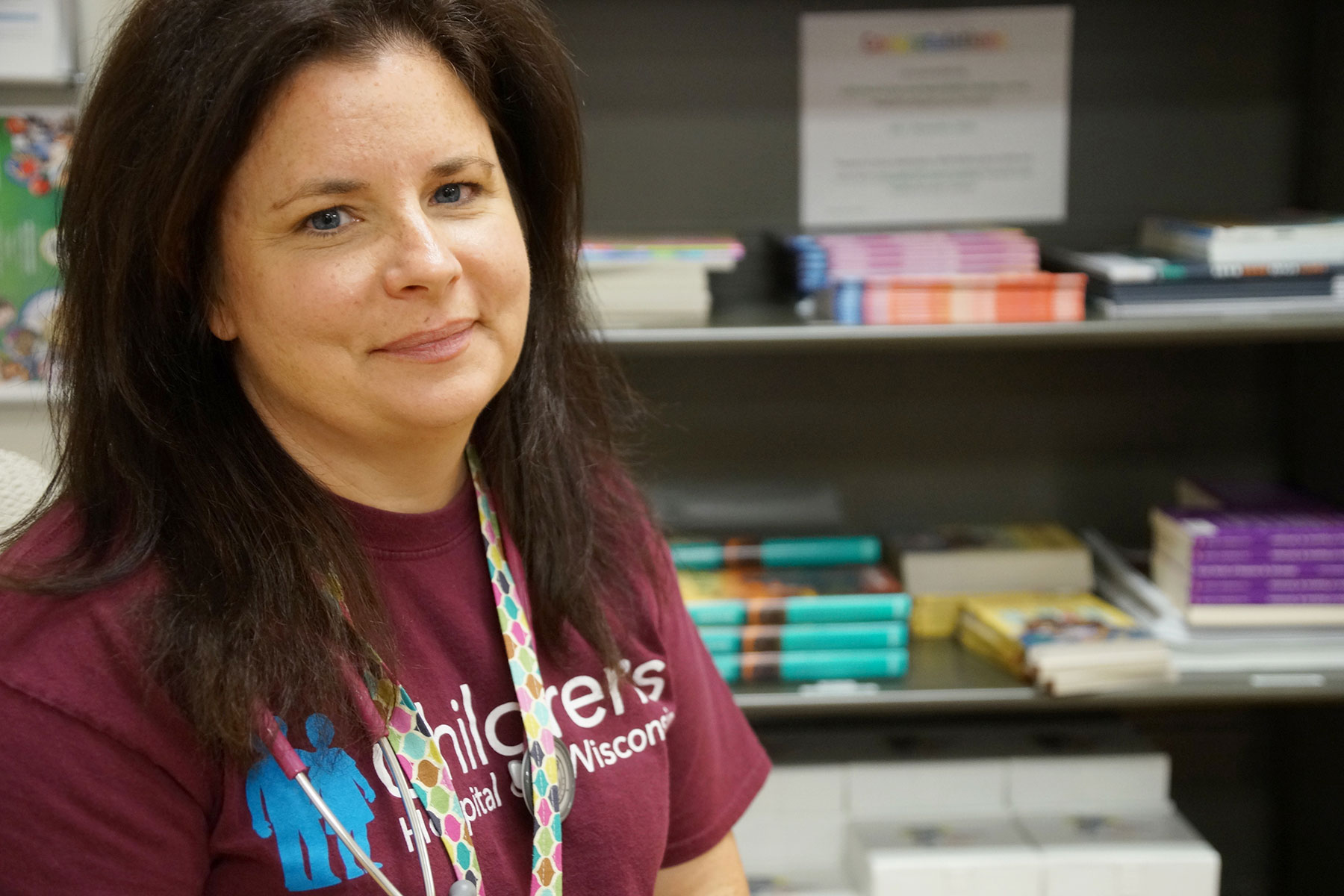
Founded in 1989 with its first program at Boston City Hospital, now Boston Medical Center, Reach Out and Read has seen dramatic growth since 2001, with programs in all 50 states.
Reach Out and Read partners with more than 5,800 sites and distributes 6.9 million books per year. The program currently serves one-in-four children living in poverty, and continues to grow each year with a vision that one day the Reach Out and Read model will be a part of every young child’s medical checkup.
The Reach Out and Read model is recognized by the American Academy of Pediatrics in a policy statement that recommends early literacy promotion as an essential component of pediatric care. More than 30% of Wisconsin children enter kindergarten without the skills they need to learn to read.
According to a September 2017 report by Reach Out and Read Wisconsin, there are currently 207 programs across the state, with 15 in Milwaukee. In 2016, Reach Out and Read Wisconsin was established in 10 health systems in Wisconsin: Access Community Health Centers, Group Health Cooperative of South Central Wisconsin, Milwaukee Health Services, NorthLakes Community Clinic, Progressive Community Health Centers, Sixteenth Street Community Health Centers, Vernon Memorial Healthcare, UW Health, Watertown Regional Medical Center and Wildwood Family Clinic.
One of Reach Out and Read’s affiliates, Children’s Hospital of Wisconsin’s Midtown Clinic, offers a closer look into the impact the program has made for families locally. Rebecca Shauer, R.N., told the Wisconsin Muslim Journal about the importance of choosing developmentally appropriate and diverse books and why they turned to the Islamic Resource Center for recommendations that will promote inclusiveness and diversity.
“Books and characters and stories that children can relate to are more appealing and more enjoyable for them. If a child has a book that he or she enjoys, they will read it or ask to have it read to them over and over again,” said Shauer.
As Program Manager for the Islamic Resource Center, Amanda Ali hopes that the IRC continues to be a tool for programs and schools looking for resources to expand representation and diversity in their collections. With more than 3,500 books and media, the Islamic Resource Center hosts a public lending library that features an expansive collection of adult and children’s books.
“These materials connect with young readers in the Muslim community because they include characters they can relate to, traditions they celebrate and clothing they wear. More so, these books feature universal themes that all readers can learn from while teaching diversity and acceptance.”
Q&A with Rebecca Shauer
Wisconsin Muslim Journal: What is the purpose of the Reach Out and Read program?
Rebecca Shauer: The purpose of Reach Out and Read is to provide young children a foundation for success by incorporating books into pediatric care and by encouraging families to read aloud together. Reach Out and Read doctors and nurse practitioners have access to children in their early years. More than 91% of children under the age of six attend pediatric visits at least once a year. Each of these visits is an opportunity to talk to families about reading.
Wisconsin Muslim Journal: How does the Reach Out and Read Program support a child’s development and provide a foundation for success?
Rebecca Shauer: Reach out and Read doctors and nurse practitioners encourage parents to read aloud daily to their infants, toddlers, and preschoolers as a way to foster and nurture family interactions that are language-rich. These interactions support brain development and provide a foundation for success.
Wisconsin Muslim Journal: How has the Reach Out and Read Program changed over the years with new developments in research and technology?
Rebecca Shauer: Reach Out and Read doctors and nurses are required to go through training. The availability of online training makes it easier to get everyone in the clinic trained. Reach Out and Read is continually doing research to evaluate the impact of the program.
Wisconsin Muslim Journal: Why did your program contact the Islamic Resource Center for recommendations of Arabic and Islamic books for children ages 6 months to 5 years old?
Rebecca Shauer: Midtown Pediatrics serves a diverse population. With each well child visit, our patients get a new book to take home. We try to order books that reflect that diversity.
Wisconsin Muslim Journal: What are the advantages of inclusivity in the reading materials you are providing to Milwaukee area families and their children?
Rebecca Shauer: Books and characters and stories that children can relate to are more appealing and more enjoyable for them. If a child has a book that he or she enjoys, they will read it or ask to have it read to them over and over again.
Wisconsin Muslim Journal: What are the barriers you face with a program like this?
Rebecca Shauer: We give out a lot of new books and are always in need of funds to purchase these books. We need to be careful of how we spend the money we do have so that we don’t run out of books. We are also always in need of gently used books to give out in our waiting room.
Wisconsin Muslim Journal: How do you determine what books are included in your Reach Out and Read Program?
Rebecca Shauer: When I order books I always try to have books that are developmentally appropriate for several different age groups – infants, preschoolers, and school aged children. I use the Reach Out and Read suggestions for how to choose books which include specific examples of books that they recommend. I also try to order books that include characters and stories that include children from a variety of backgrounds. And finally, I order based on cost. I try to order inexpensive books so that I can order a greater number of them.
Wisconsin Muslim Journal: How do medical providers encourage families to participate in the Reach Out and Read Program?
Rebecca Shauer: Doctors and nurse practitioners talk to parents about the importance of reading aloud to their children and of having their children read. They also demonstrate the best way to look at a book with their child and how to talk to them about the stories they are reading. Finally, they give them a new book at the end of their appointment to take home and keep.
Wisconsin Muslim Journal: How can someone support this program or get involved with your work?
Rebecca Shauer: One of the ways to help is by donating books. Either new books to give out at checkups or gently used books for waiting rooms are always a need. These books have to meet the guidelines that Reach Out and Read has for donating. Some clinics also use volunteer readers to read to patients in their waiting rooms so this is another way to help out. Here at Midtown, however, we do not use volunteer readers.
Wisconsin Muslim Journal: How does Reach Out and Read benefit a diverse community like Milwaukee?
Rebecca Shauer: Reach Out and Read benefits Milwaukee by providing local children with a foundation for success by teaching families about the importance of reading aloud and of being exposed to reading at a young age. Families that participate in Reach Out and Read have been shown to read more frequently to their children and these children have been shown to have improved language scores.
© Photo
Wisconsin Muslim Journal
